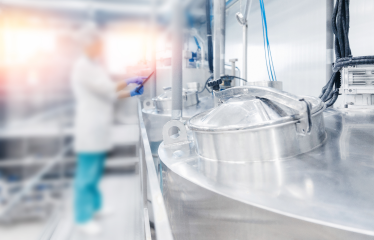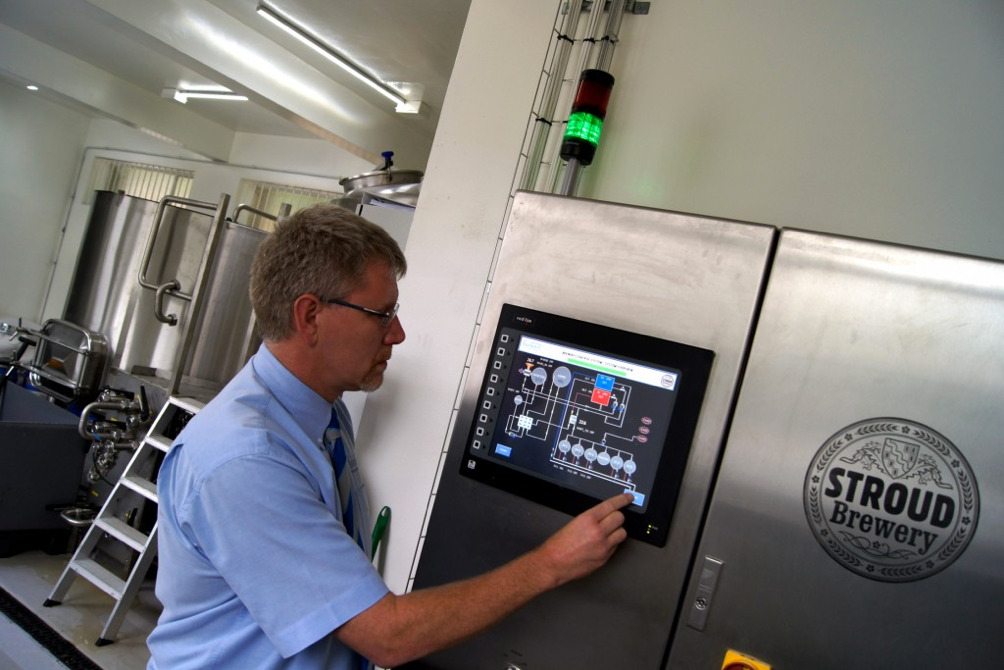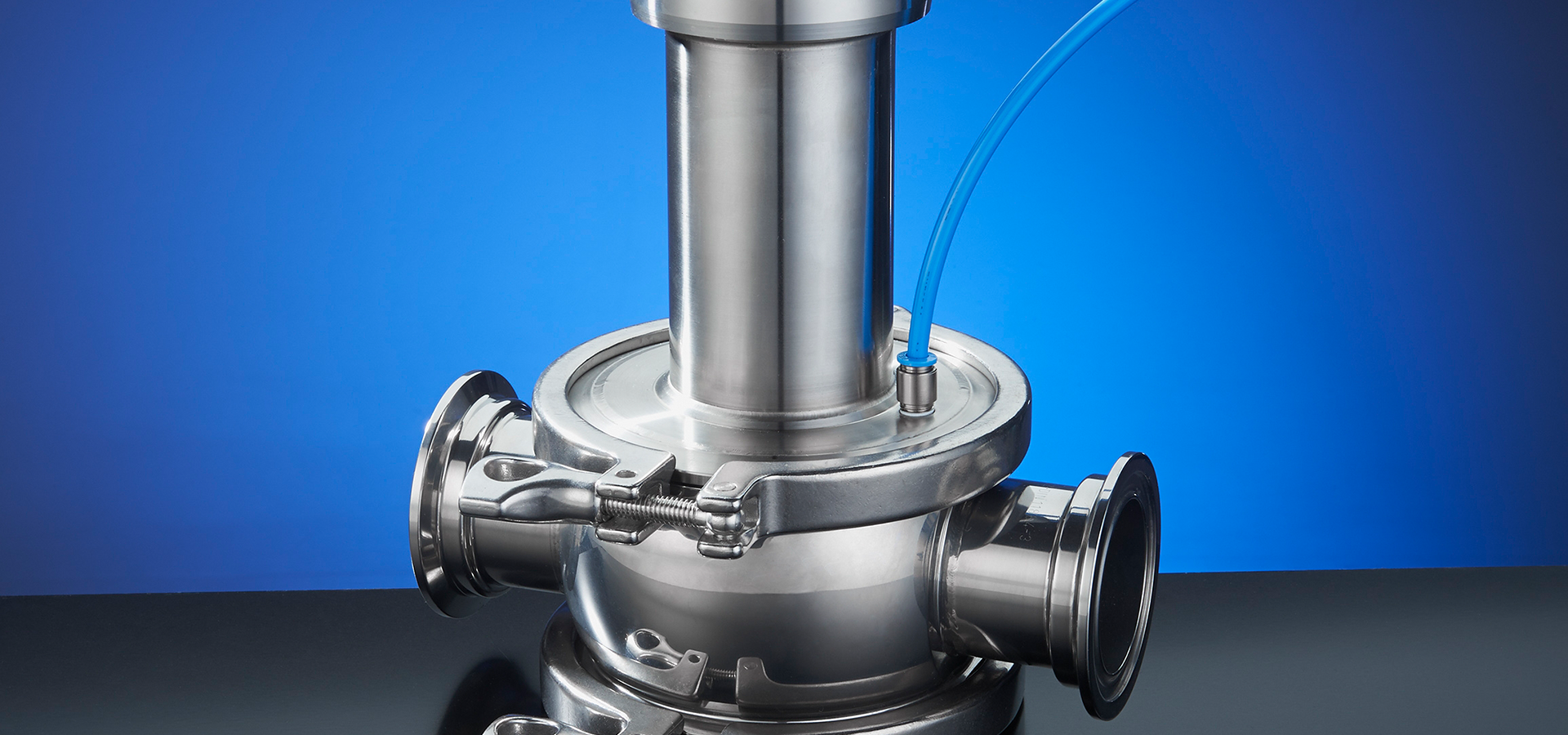
Types of Sensors Used in the Food Industry
Sensors are vital to maintaining hygiene in the food industry. They can control and measure a wide range of parameters, including temperature, liquid and solid levels, pressure, and weight. Many types of sensors are used in the food industry, and as a Bürkert distributor, we can provide the best sensors, transmitters, and controllers for anyone who needs a sensor to maintain levels.
Read on to learn about sensors in the food industry and how BM Engineering, through our partnership with leading manufacturers like Bürkert, who offer a wide range of sensors that guarantee food quality through preparation, preservation, and packaging. Sensors play a crucial role throughout food production.
The types of sensors used in the food industry
There are many different types of sensors used in the food industry that can ensure quality, efficiency, and safety throughout the food production industry.
Temperature sensors
Temperature sensors help to control temperatures during cooking, baking, storage, or refrigeration. They can help prevent bacterial growth, ensure that food is cooked correctly and can be used to maintain food freshness.
Pressure sensors
Pressure sensors are used to monitor the pressure levels across various food processing levels, including sterilisation and packaging. They also ensure the integrity of packaging seals through a pressurised system.
Flow sensors
Flow sensors control the rate of liquid ingredients throughout the mixing, filling, and dispensing process. They include electromagnetic and ultrasonic sensors that aim to maintain accuracy in recipe formulations and filling operations.
pH sensors
pH sensors give the clearest indication of the quality of the product you are creating. The sensors are designed to measure the pH of the product to see if it is too acidic or alkaline. The pH sensor helps control flavours and texture and gives a clear indication of shelf life.
Optical sensors
Optical sensors detect everything that does not want to linger in food products, including contaminants, foreign particles, and other irregularities. They are key for maintaining food safety and product quality.
Level sensors
Level sensors are perhaps the most important sensor in the food industry. Made to monitor liquid and solid levels, they will send electrical signals when a liquid reaches a certain height. You can find a wide range of level sensors at Bürkert, from radar sensors to tuning fork sensors and many more.
Sensors role in food processing
Sensors are integral to food processing, helping with more than just the production process. They are crucial for precisely monitoring temperature, moisture, and pressure throughout the process of food production.
Another role they play is ensuring quality control by detecting variations or deviations that ensure the product remains consistent at a quality standard. Sensors assure food safety by identifying all contaminants and allowing for real-time corrective actions.
Reducing waste is a big challenge that everyone in the food industry faces, and sensors play a significant role in not only reducing waste but also energy consumption, in turn improving the efficiency of food production operations.
Finally, sensors can help you meet strict food safety standards and regulatory requirements, ensuring that your business complies with all industry regulations.
Find all the sensors you need at BM Engineering
At BM Engineering, you can find the fantastic brands we work with to provide the best engineering supplies. Our partnership with Bürkert allows you to access a vast selection of sensors, all of which can help you get the best results from your food production.
You can learn much more about the food industry at BM Engineering, where we have blogs covering the best practices to maintain hygienic processes in the food and beverage industry. Find the latest industry news and case studies, and if you have any questions about the sensors you can find at Bürkert, be sure to contact us. A member of our team will be happy to help.



